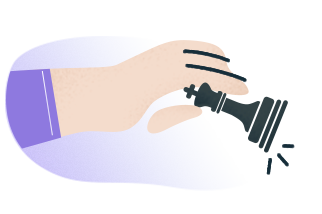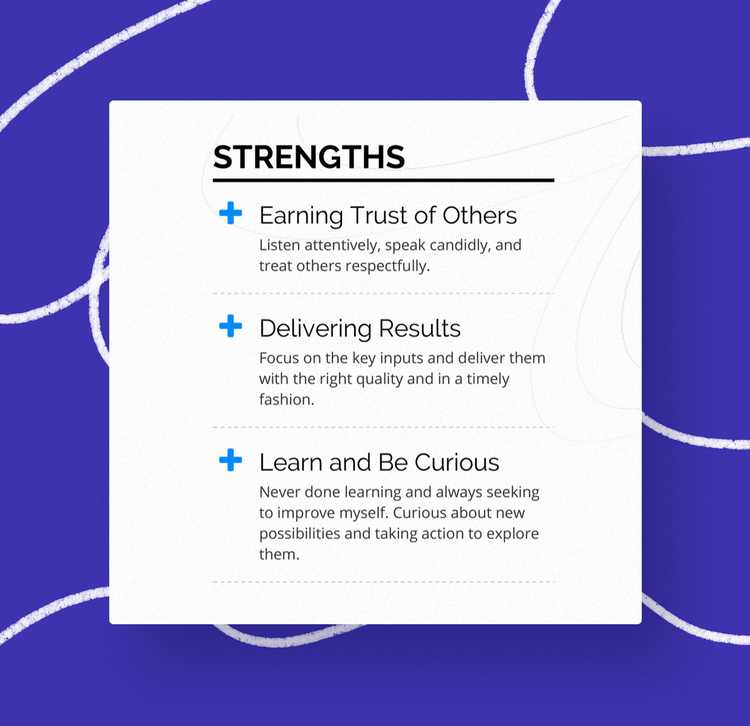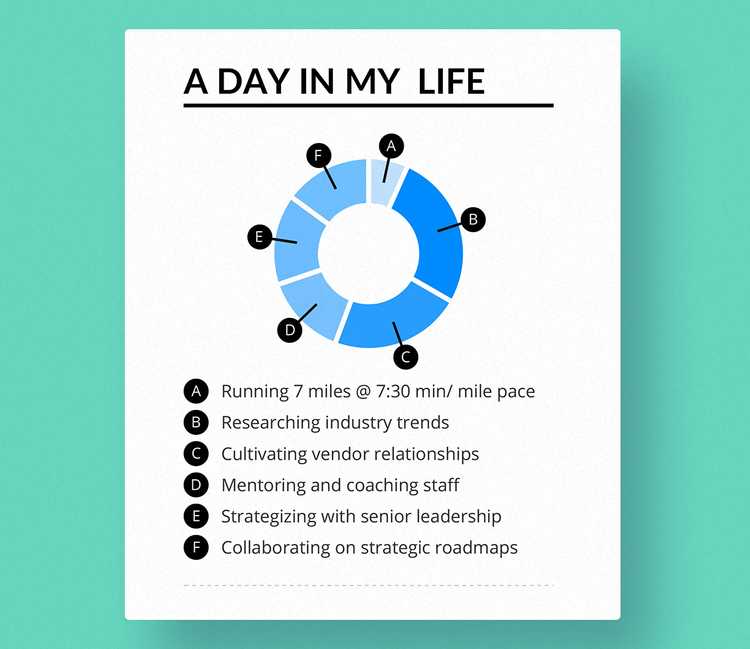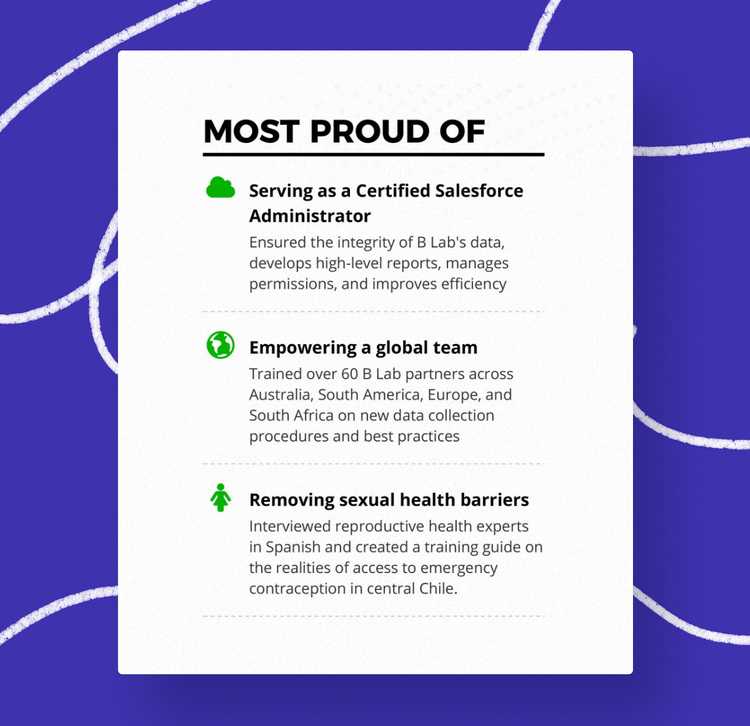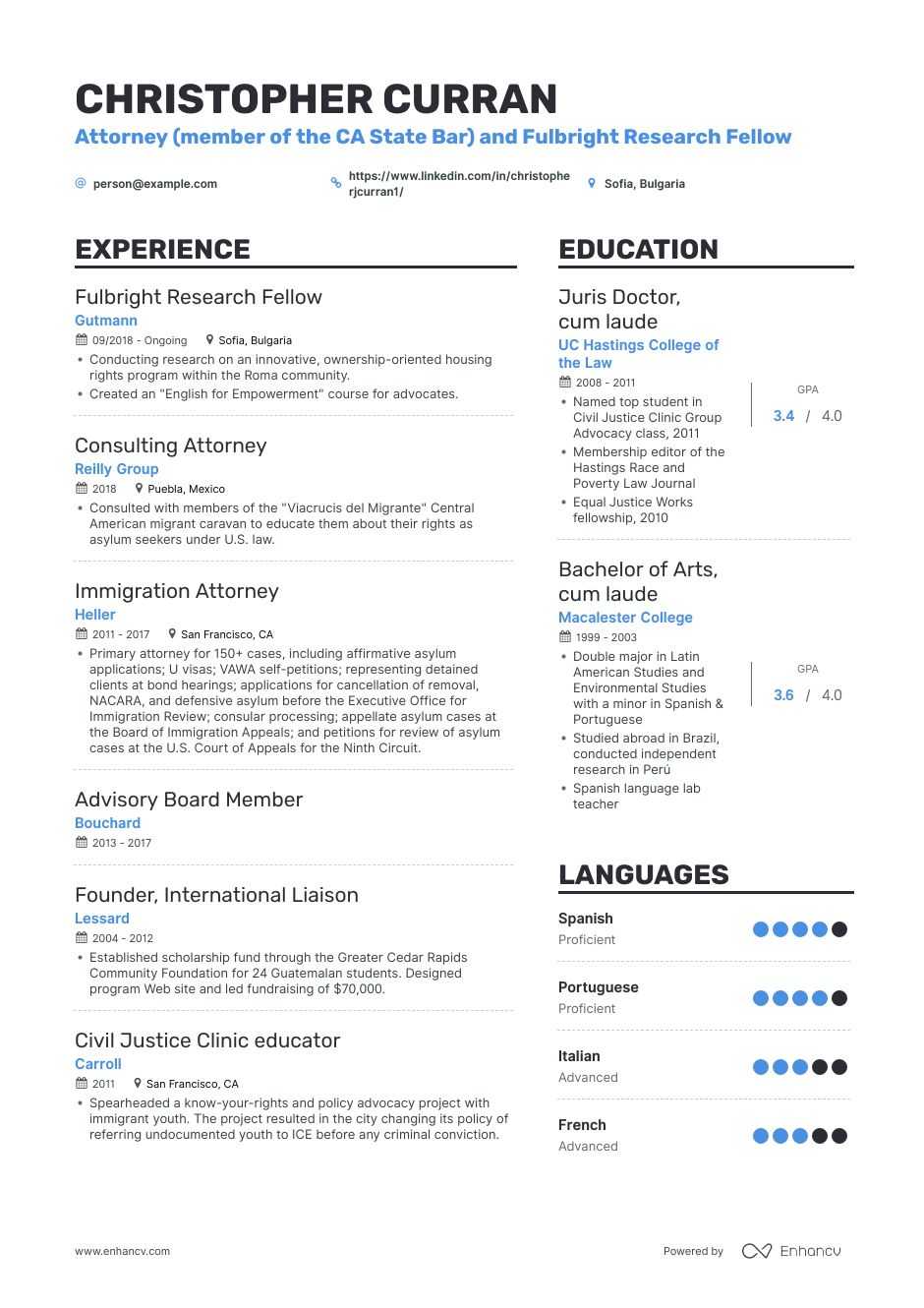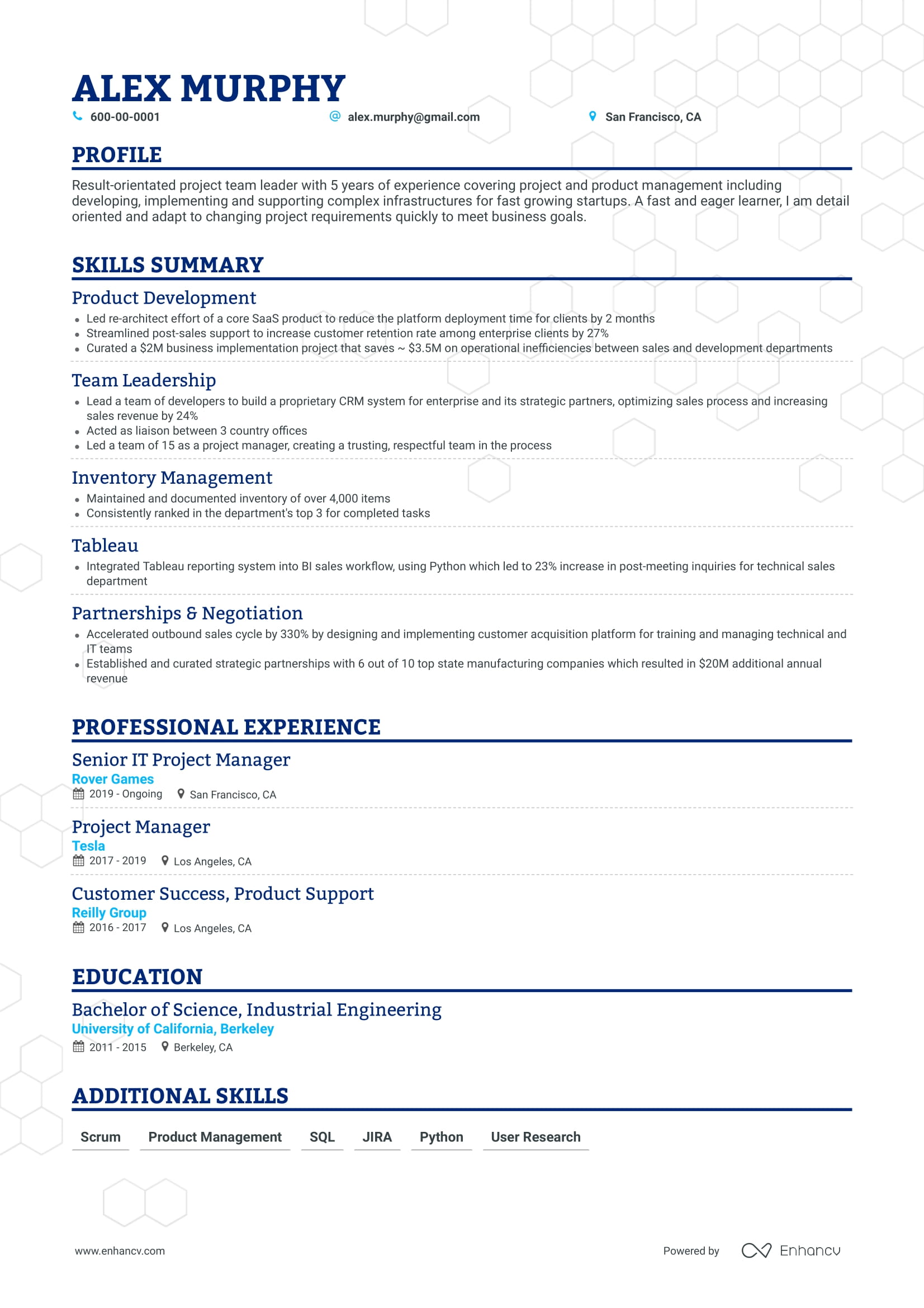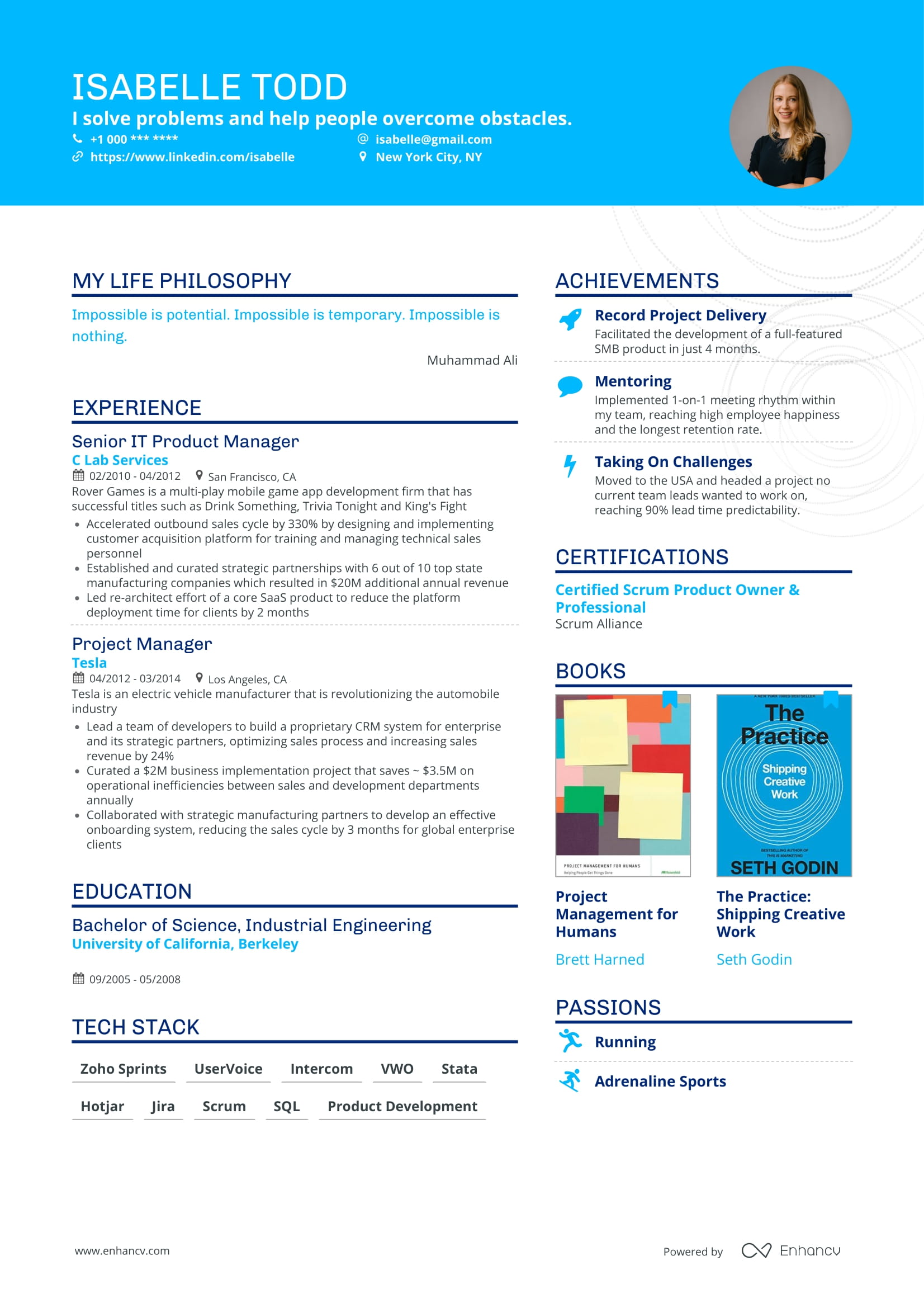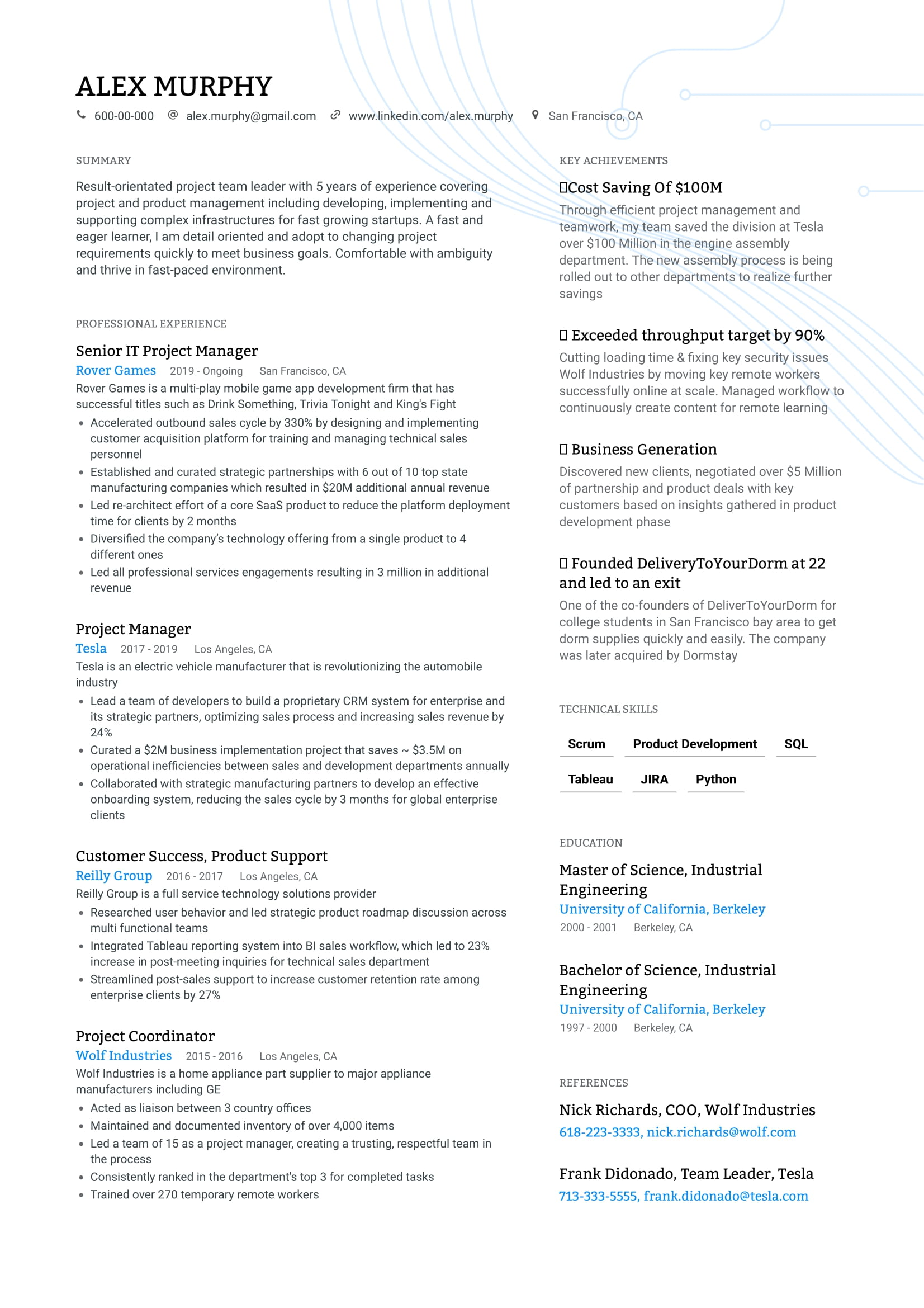What does the best researcher resume example we've seen include? It's more than just responsibilities and skills. In this guide, we'll walk you step-by step towards a resume you'll be proud of. Competition is high which means you need to make sure you stand out.
How to write a compelling experience section for a Researcher resume
What every researcher resume needs to include is a strong list of professionally presented experience. Let’s take a look at how to do that.
Be Specific!
When writing your researcher experience section, remember that it's more important to show than just tell. Make each bullet point of your researcher resume experience section count, mentioning the impact you had in your previous positions. Make sure every point comes together with a concrete example. So don’t just say you’re great at customer support, demonstrate it.
Not just logical, but chronological too!
There are a couple of things to keep in mind when writing your researcher experience section. As we already said, one of the key things is to be as specific as possible and quantify your results, just like when you're doing a comprehensive research. The next step is start selecting which experience to include in your researcher resume and how to order it. It's best to keep it chronological. That means starting from the most recent position and continue further down. Also, carefully select what experience you write down and don't share everything you’ve ever done. The key here is to include only what a recruiter wants to see.
What's the average experience on resumes VS job description for a Researcher?
From our research, it appeared that an average experience for a Researcher job required by an employer is 2 years 7 months. But the average experience people have in their Researcher resume is almost 3.5 years. It's a great sign but if you come across as overqualified to a potential employer, you might loose your chances. The rule of a thumb is to tailor your resume to the job description and only leave the relevant experience in.
Average Experience On Resumes vs Job Offers
3yrs5mo
avg. experience on resumes
vs.
2yrs7mo
avg. experience on job offers
Source: enhancv.com
Cause and Effect - Tell them how you made a difference!
Simply put, nobody likes overused buzzwords. Hiring managers read about how someone managed, improved, or optimized something without any concrete numbers to back it up a thousand times. The result? Well, these resume skills that aren’t quantified get ignored or even count against you. Again, the solution is to focus on concrete numbers which demonstrate your impact as a researcher. So instead of “improved sales” write “Improved overall sales by 35% within 6 months.” Those kinds of resume action words really stand out and leave a strong impression.
Unique content ideas for a Researcher resume
Whoever would be hiring you, they read hundreds of resumes every day, especially if they're advertising a position. That's why you need to make your researcher resume point out your best qualities. Adding your personality, not just your professional experience to your researcher resume, can do the trick. Recruiters and hiring managers are far more likely to remember you, if you seem like a genuine person and not a robot. Do this by including your passions, share your favorite books, or even the words you live by. This will help your resume be more unique and personal.
Tell them what you’re proud of!
Yet another fantastic section to really stand out. Include something interesting about yourself, show where your true passions are. You can share a story about overcoming hardship, learning an important lesson, or just a triumph you had that means a lot to you. Either way, this is one of the best places to make your researcher resume really stand out.
Writing a resume can feel quite overwhelming. We hope our guide for researchers will help you write a resume to be proud of in 2022.
